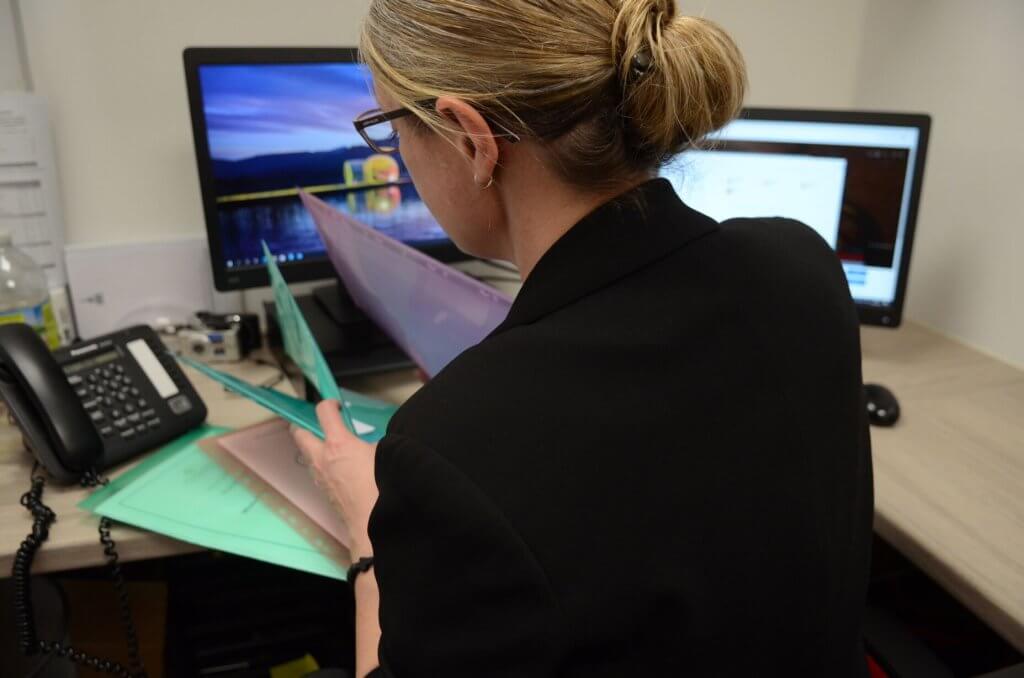Labour wins the UK general election
The 2024 general election is over and the Labour Party has won a landslide victory with 412 seats. In his first speech as Prime Minister, Kier Starmer announced that the new government will ‘begin the work of change, the mission of national renewal, and start to rebuild our country.’
On education, Labour has pledged to recruit 6500 new teachers to fill vacancies and skills gaps across the profession. It will update the Early Career Framework (ECF) and ensure any new teacher has, or is working towards, qualified teacher status (QTS). Labour has also promised to urgently commission a full, expert-led review of curriculum and assessment, which will seek to deliver a curriculum that is ‘rich and broad, inclusive and innovative, and which develops children’s knowledge and skills.’
Furthermore, the Party has pledged to replace single-word Ofsted judgements with a new system of school report cards, which will tell parents how well their children’s school is performing. Labour will also work with Ofsted to bring multi-academy trusts into the remit of inspection and introduce a new annual review of safeguarding, attendance, and off-rolling.
Other policies include extending free breakfast clubs to every child in every primary school, limiting the number of branded uniform items a school can require, creating 3,000 new primary school-based nurseries by upgrading space in primary schools, and funding evidence-based early language interventions in primaries.
Education union shares blueprint for Ofsted report cards
Earlier this year, the government rejected the Education Select Committee’s recommendation to develop an alternative to Ofsted’s single-word judgements. However, as the Labour Party enters government, the Association for School and College Leaders (ASCL) has reignited the debate with the publication of a new discussion paper. This considers how inspections might work if based upon report cards, rather than single-word judgements.
Their proposed model would be based on a new, slim set of statutory standards, which all state schools would be expected to meet or exceed. Inspections would then judge whether schools have met these standards or not. Those that do not meet the standards would receive support to do so by their trust or local authority.
The ASCL have suggested nine key principles upon which to base the report card model. For example, they say that the new standards should ‘encourage collaboration rather than competition between schools.’ Additionally, they say there should be a strong focus on provision for pupils with special educational needs and disabilities (SEND) and those living with disadvantage. Primarily, leaders believe that a new approach should begin with a clear articulation of what key stakeholders, including pupils, parents, and staff, most value in the different phases of education, and should be aligned with any review of curriculum and assessment.
Julie McCulloch, Director of Policy at the ASCL, says that whilst there is widespread consensus on the need for policy change, ‘the last thing we need is the replacement of one flawed system with another.’ Therefore, the paper represents an invitation for others to contribute to the discussion, encouraging the profession and the government to work together to develop a strong and collaborative approach to school inspections.
Research reveals gap in teacher training on writing
The Education Endowment Fund has published a report on the practice of teaching writing in primary and secondary schools. When surveyed on the biggest challenges to the teaching of writing, primary school teachers identified children’s lack of confidence in spelling, closely followed by poor spoken language skills and vocabulary. They also reported that ensuring a consistent approach to writing throughout the school was a significant challenge. Meanwhile, the biggest challenge to teachers in secondary schools was motivating pupils to write. In particular, teachers reported that time is often spent on academic writing due to assessment pressures. Consequently, pupils ‘struggle to see the link between self-expression and exam results, and therefore lack motivation for creative writing.’
The report revealed an appetite for more continuous professional development (CPD) on writing, with a particular focus on handwriting, motor skills, vocabulary, and spelling. Whilst the majority of teachers had received internal training on teaching writing in the last two years, there was an evident lack of external training amongst participants. Over a quarter of secondary teachers had received no training on the subject at all. In primary schools, this figure stood at 5%.
Researchers suggest that there is a need for more targeted CPD and resources to support teachers with the teaching of writing, especially concerning the elements they found most challenging. Additionally, the report states that further research is needed to consider the effectiveness of oracy-led approaches to support pupils who struggle with vocabulary and those with English as an Additional Language (EAL). Furthermore, researchers say ‘it is worth exploring methods to motivate pupils to write,’ in order to build upon ideas and develop a toolkit of initiatives for teachers.
★ If you would like training and support to boost teacher confidence in the teaching of writing, please get in touch with the One Education Literacy team.
Read our case study to find out how we supported one school to strengthen their writing curriculum and assessment process.
As the UK embarks on a new era of governance, One Education is here to help schools and trusts embrace this new chapter, ensuring continued excellence in education.
Get in touch to learn more about our services.
Please complete the form below and we will get in contact as soon as we can to help you with your query.















